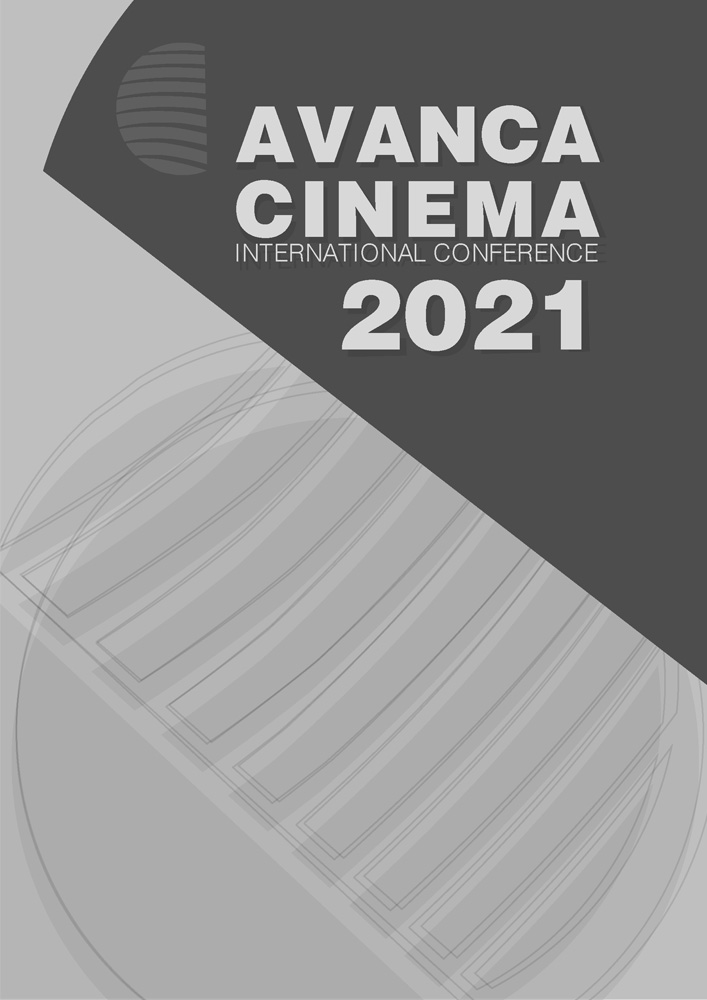Chapitre IV _ Cinéma - Technologie
Training professionals to improve media accessibility
Résumé
COVID-19 has affected all areas of our lives, and cinema, as part of culture, is no exception. New and existing technologies applied to audiovisual products are changing the way in which we provide and access culture.
Nobody challenges the importance of having accessible audiovisual content. This is the aim of the recently approved European Directives following the ratification of the UN Convention on the Rights of Persons with Disabilities (UNCRPD). The new European legislative framework must guarantee the full and democratic participation of all citizens in the new information society. It is crucial to ensure access to technology and content for all citizens.
The objective of this article is to present the new professional profiles in the accessibility field that have been developed in the last decades through Erasmus+ projects initiatives. First, the current European legislative framework on accessibility will be outlined. Then, the main accessibility services available in the media field will be explained. Next, the professional profiles in accessibility will be presented together with the emerging new profiles and Erasmus+ projects. Finally, the conclusions will outline the existing needs and improvements in the education and training of new professionals in media accessibility.

Ce travail est disponible sous la licence Creative Commons Attribution 4.0 International .

